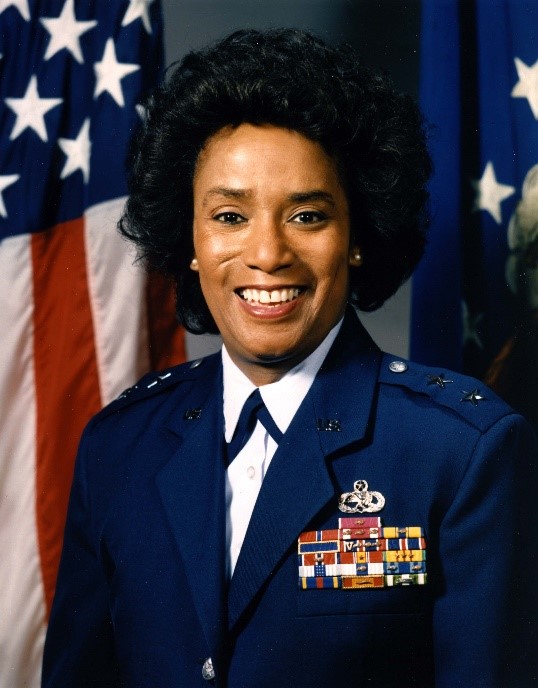There are many misconceptions and myths about the military floating around out there. Here are five common myths busted.
Military Myth #1
If you get in trouble with the law, then your only option is the military. Ever heard the old saying, “Go to Jail or Go to the Military.”

Can a criminal court judge sentence a person to military service as an alternative to jail?
Can a prosecutor mandate that someone joins the military as an alternative to criminal prosecution?
Well, a judge or prosecutor can do whatever they please (within the limits of the law for their jurisdiction), but that doesn’t mean the military branches are required to accept such people, and they don’t.
The military actually has to know about any run-ins with the law, no matter how minor. All branches of the military-run FBI background checks on all prospective members. However, just because you have a glitch in your past doesn’t necessarily mean you can’t join the military. Commanders can authorize waivers for certain offenses, although approved waivers will make some jobs unavailable.
The reason some jobs become unavailable is because certain jobs require security clearances. This means the member will have access to classified and/or top-secret information, and this access requires top-secret security clearances.
Military Myth #2
The military’s benefits and pay are not competitive with the civilian world.
Attracting and keeping high-quality personnel has been a challenge for military services during much of the past decade. In response to growing concerns about military readiness and missed recruiting goals, and recognizing that compensation plays an important part in career decision-making, Congress recently approved significant increases in military pay.
Today, the military offers very competitive pay and benefits packages. Entry-level pay and benefits are hands down superior to entry-level jobs in the civilian sector. Just try to find an entry-level job that starts at $1300/month, pays for food, housing, medical, education, 30 days paid vacation, and many more benefits.
Military Myth #3
Women have a hard time achieving success in the military.
Women in the armed forces are wearing one, two, and three stars on their shoulders and are serving at the highest levels of command. They are more than the equivalent of a corporate CEO or company president and have responsibilities for millions of dollars and thousands of people.

Reaching for the stars in the military is not an easy goal to pursue. It requires a college education, attendance at military staff and command schools, advanced studies, and many years of service. But it is not a closed-door anymore. Now young women who are thinking about a military career can follow their dreams all the way to the stars – and beyond.
Over fifty women in the military wear the stars of an admiral or general, and more have been selected to pin them on next year – a small number indeed but a big step since there were none prior to 1970.
Military Myth #4
Military training and jobs have little relation to the civilian world.
About 80 percent of the jobs in the military are non-combat occupations with direct civilian counterparts. With related skills learned and practiced in military positions, many civilian companies hire military veterans for their work ethic, dedication, and leadership skills to fill key positions within their companies.
Military Myth #5
Going to the military right out of high school means you will not get a college education.

Although most high school students have good intentions about going to college, many have not come to the reality of how they are going to pay for college. The military fixes this problem. Not only does the military pay up to 100 percent of college tuition while you serve on active duty, but the military also offers the GI Bill (about $36,000) to use for college up to 10 years after leaving the service.
Each service has specific voluntary education programs unique to that service, and much of the training obtained in the military is college accredited.
These are just five of the many myths out there about the military. People with good intentions who just don’t know any better often start many myths.

I did have a Chief in the Navy who said he was threatened by the police chief in his home town in Oklahoma.So,he joined the Navy to get out of town.This was in 1950.
Nice sales pitch, but if you could have the opinions of all the vets out there, you’d find out 1-4 are probably less myth than you make out. 5 you’re right.
Before I went in the Marines, my recruiter would stop by the courts and the judge would tell the person in the court, 8-years in the Marines, or 8-years in prison. Many of the Marines, I served with had been told by judges the same thing. That may not happen now but it use to.
I served with a fellow Marine who was “offered” 4 in the Corps or 4 more at Maryland State. Seemed to be fairly common in the late 60s and early 70s.
I know the only reason my brother and I joined the Navy in the ‘60s was to leave the small town where we lived. Pay and job training were never considered. The Navy did not provide useful training for either of us and only one of us finished college-there we’re no women. I suspect that the majority of enlisted service members still just want out of the place where they live.